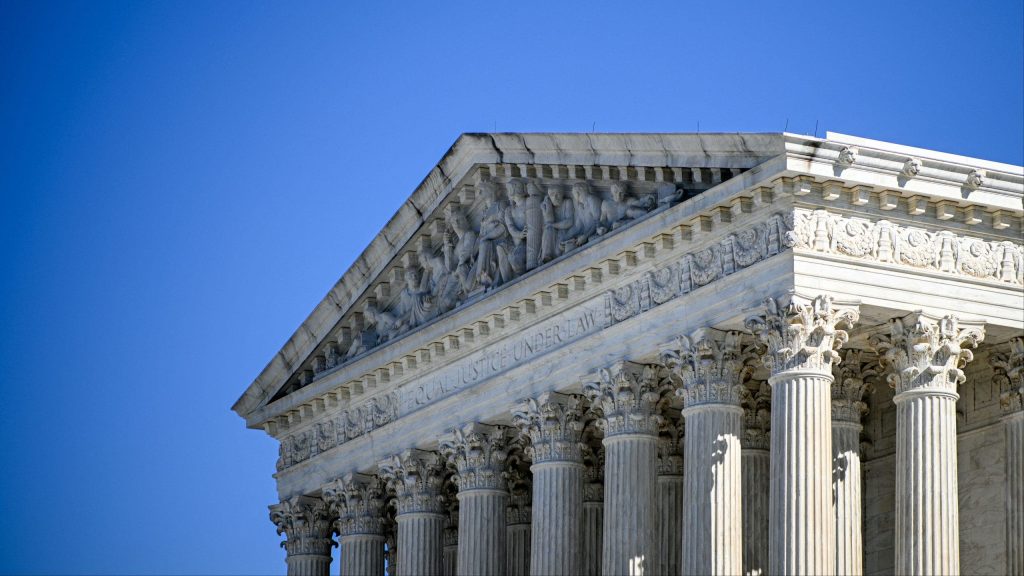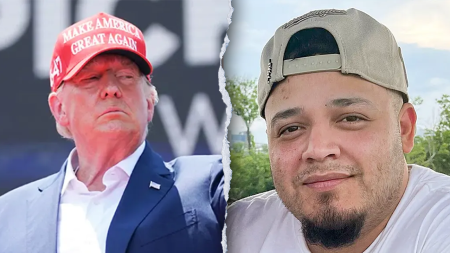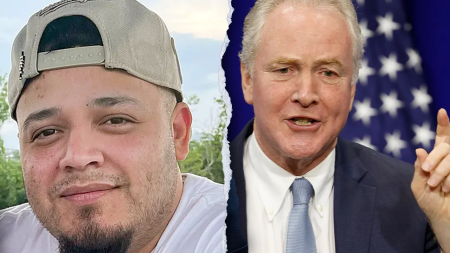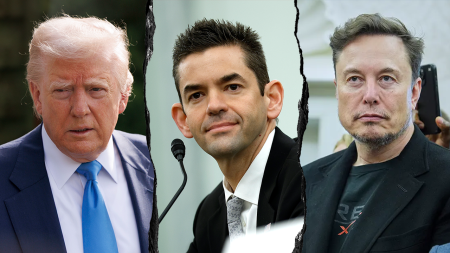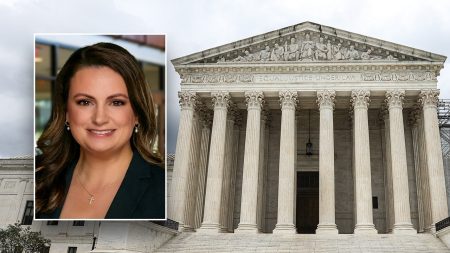2024 Supreme Court Roundup: A Year of Significant Decisions
The year 2024 witnessed a series of impactful rulings from the U.S. Supreme Court, reshaping the legal landscape across various domains. These decisions touched upon critical issues including transgender rights, the power of federal agencies, online content moderation, presidential immunity, and the legal ramifications of the January 6th Capitol riot. The court’s conservative majority left a distinct mark on these rulings, often pushing back against the Biden administration’s policies and solidifying a narrower interpretation of certain legal statutes.
One of the most contentious decisions involved the Department of Education’s attempt to broaden Title IX protections to encompass sexual orientation and gender identity. The Court upheld preliminary injunctions blocking the implementation of this new rule, arguing that the Biden administration had not adequately demonstrated the independence of certain provisions from the enjoined definition of sex discrimination. This ruling represents a setback for LGBTQ+ advocates and leaves the scope of Title IX protections for transgender students in continued legal limbo. The debate over the inclusion of gender identity and sexual orientation in Title IX continues, with opponents arguing that it infringes upon the rights and safety of cisgender students, particularly in the context of athletics.
In a landmark decision with far-reaching implications, the Supreme Court overturned the 40-year-old Chevron deference doctrine in Relentless, Inc. v. Department of Commerce. This precedent had granted federal agencies considerable leeway in interpreting ambiguous laws passed by Congress. The reversal, a victory for conservatives who have long criticized the expansion of the administrative state, empowers federal judges to exercise their own independent judgment in determining the legality of agency actions. This shift in the balance of power between the judicial and executive branches could significantly impact future regulations related to environmental protection, public health, and workplace safety, among other areas.
The high court also waded into the complex realm of online content moderation, siding with social media platforms in Moody v. NetChoice, LLC. This ruling upheld the principle of free speech for online platforms, likening them to newspapers and shielding them from government interference in their content moderation decisions. The court rejected attempts by Texas and Florida to regulate how social media companies police content, finding that the laws violated the platforms’ First Amendment rights. This decision offers significant protection for social media companies against accusations of viewpoint discrimination and censorship, particularly from conservative quarters.
A consequential ruling for then-presumptive Republican nominee and now President-elect Donald Trump came in Trump v. United States. The Court affirmed substantial protections for former presidents from prosecution, although it stopped short of dismissing the indictment against Trump in the 2020 election interference case. This decision acknowledged the need for an "energetic, independent Executive" while reaffirming that presidents are not above the law. The ruling effectively shielded Trump from trial before the 2024 election, but it leaves open the possibility of future prosecution related to his efforts to overturn the election results.
Finally, the Court weighed in on the legal fallout from the January 6th Capitol riot in Fischer v. US. The justices adopted a narrower interpretation of a federal obstruction statute, reversing the conviction of a Jan. 6 participant. This ruling limited the scope of a law often used in evidence-tampering cases, arguing that its application to the Jan. 6 riot was overly broad. The decision represents a setback for the Justice Department’s efforts to hold those responsible for the Capitol attack accountable, although it was emphasized that the majority of the 1,400 defendants charged would not be affected by this specific ruling.
These key decisions from the 2024 Supreme Court term reflect a conservative-leaning court asserting its influence on significant legal and political issues. The implications of these rulings will continue to unfold in the coming years, shaping debates over the balance of power between branches of government, the scope of individual rights, and the future of online discourse. The court’s decisions on Title IX, Chevron deference, and online content moderation in particular have the potential to reshape fundamental aspects of American law and society. The incoming Trump administration will likely benefit from the limited presidential immunity ruling and could further influence the direction of the court through future judicial appointments.




